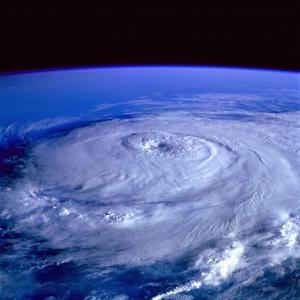
Our country’s economy is reliant upon trucks and other freight carriers to connect manufacturers and suppliers with consumers across the country. In most cases, freight companies are able to meet deadlines and provide the safe delivery of products. However, companies that are dependent upon the timely delivery of goods should be aware that there are circumstances and events that can hinder the trucking industry and prevent goods from being delivered as originally promised.
Of all of the events that can result in transportation delays, natural disasters tend to be the most disruptive to the freight industry. The natural disasters that have the most devastating impact on the trucking industries are floods, hurricanes, blizzards, earthquakes, ice storms and volcanos. Each of these disasters produces hazardous road conditions that can seriously compromise the safety of truck drivers. In some cases, trucks become stuck in traffic due to poor driving conditions. In more severe cases, roads wash away or become completely impassible, resulting in the need for drivers to turn around or completely alter course.
In addition to impacting road conditions, natural disasters can cause damage to airports and seaports. While damage to airports and seaports may not directly impact roadways or truck drivers, this type of damage often produces serious repercussions for freight carriers. Trucks that are awaiting the arrival of goods via shipping containers are unable to retrieve or load goods because containers are prevented from unloading at seaports due to the effects of a flood or hurricane. And trucks attempting to retrieve or deliver goods to an airport that has been closed due to a natural disaster must either wait until the affected airport is operational again or be rerouted to another airport. Both of these alternatives erode time and delay the delivery of freight.
While all types of natural disasters can have devastating consequences on the trucking and freight industries, it is flooding that has produced the most devastating effects. Since the start of the twentieth century, floods have resulted in more lives lost and more property damage than any other type of natural disaster. With approximately one half of all flood-related deaths involving vehicles, truck drivers and other delivery personnel are at increased risk of danger when flooding occurs.
When a natural disaster strikes, trucking companies and other logistics firms must assess the severity of the disaster and consider the safety of their drivers in conjunction with road conditions. And there is good news for people who worry that a natural disaster may completely halt the arrival of an expected shipment. Nearly every freight carrier has a disaster response team and is prepared to make detours if necessary. They also have backup drivers and vehicles available to help prevent deliveries from being completely halted. Regardless of the existence of a backup plan, the impact of natural disasters on the freight industry should never be minimized.
